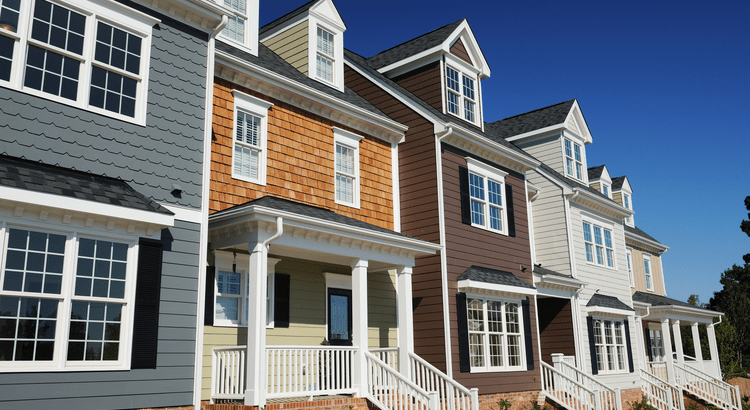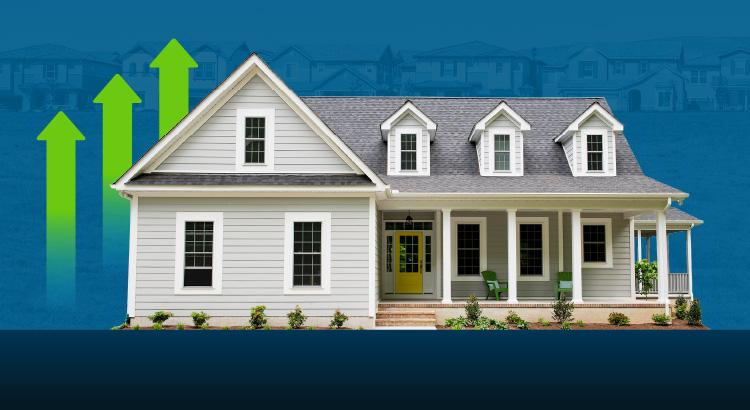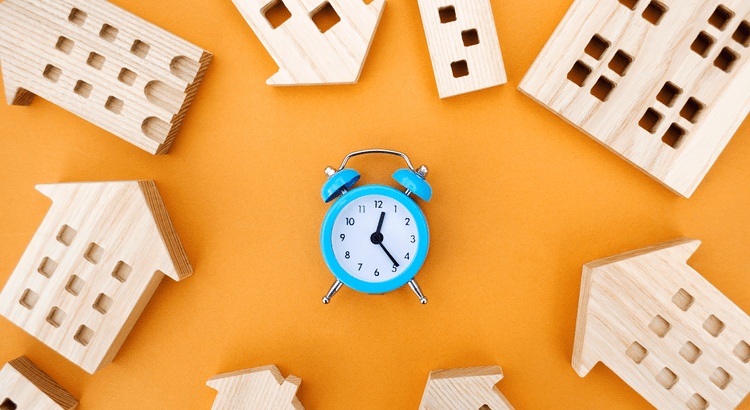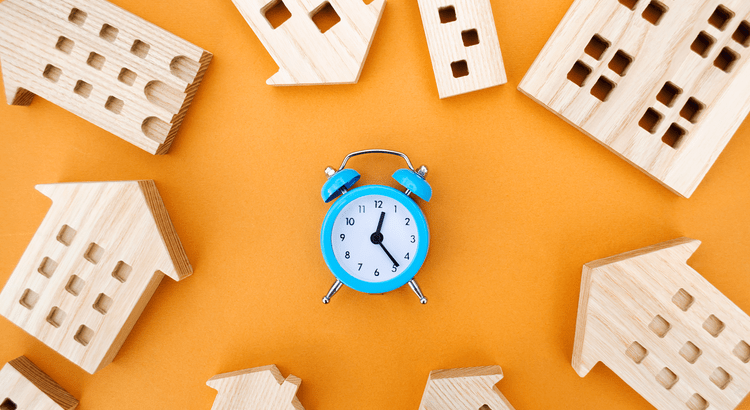
When you put your house on the market, you want to sell it quickly and for the best price possible; that’s generally the goal.

When you put your house on the market, you want to sell it quickly and for the best price possible; that’s generally the goal.

Buying your first home in today’s market can feel tough. Between high home prices and mortgage rates, affordability is still a big challenge.

Recession talk is all over the news, and the odds of a recession are rising this year.

Last year, 70% of buyers abandoned their home search – and maybe you were one of them.

Last year, 70% of buyers abandoned their home search – and maybe you were one of them.

At a national level, the housing market has shifted over the past year.

You may have heard there are more homes for sale right now.

You may have heard there are more homes for sale right now.

If selling your house is on your to-do list this year, the time to start prepping is now.

If selling your house is on your to-do list this year, the time to start prepping is now.